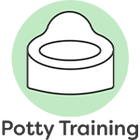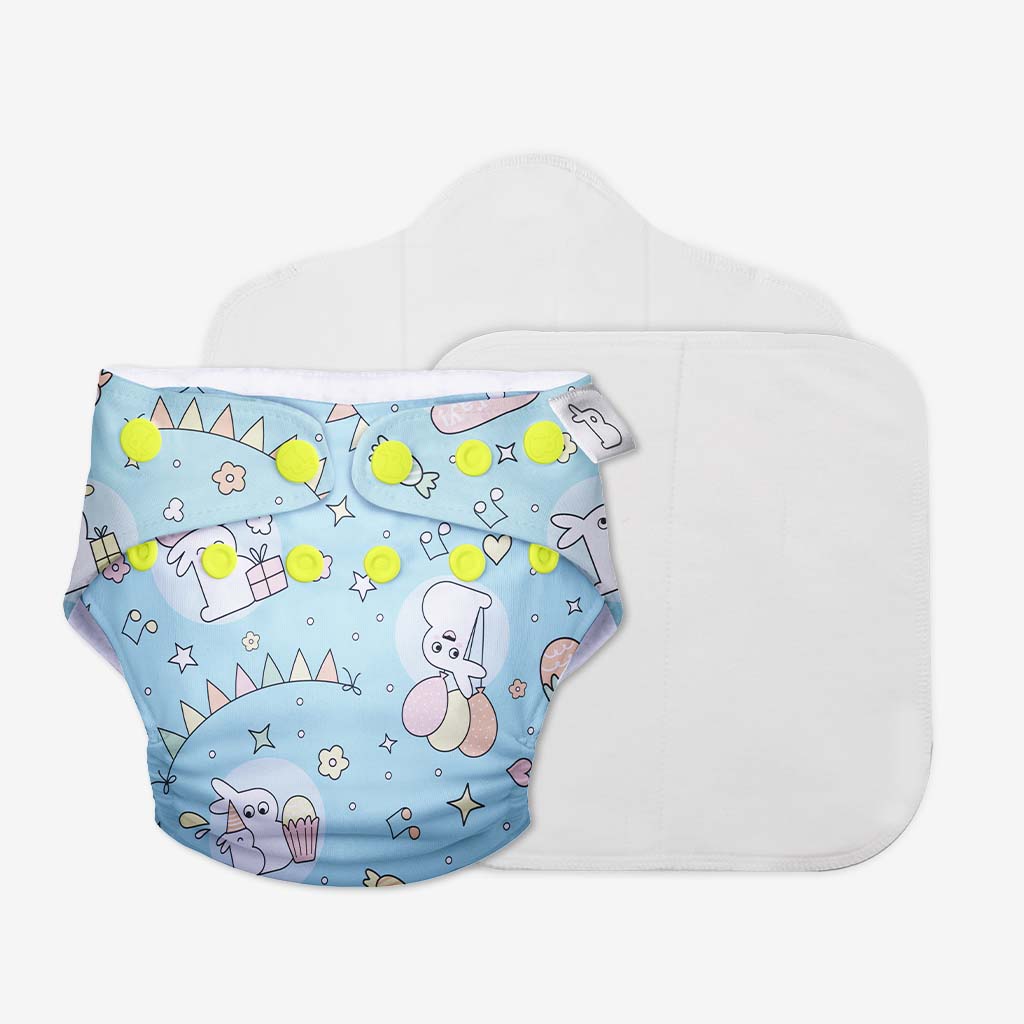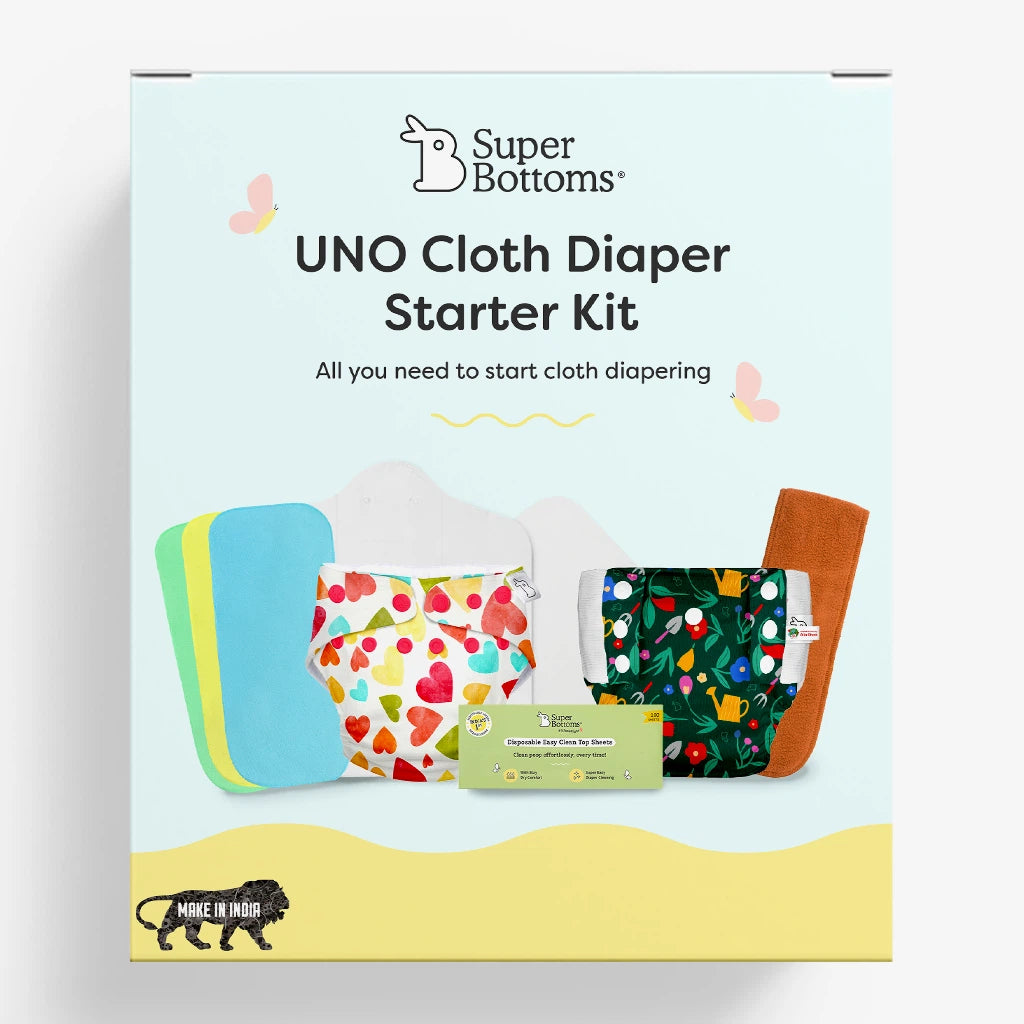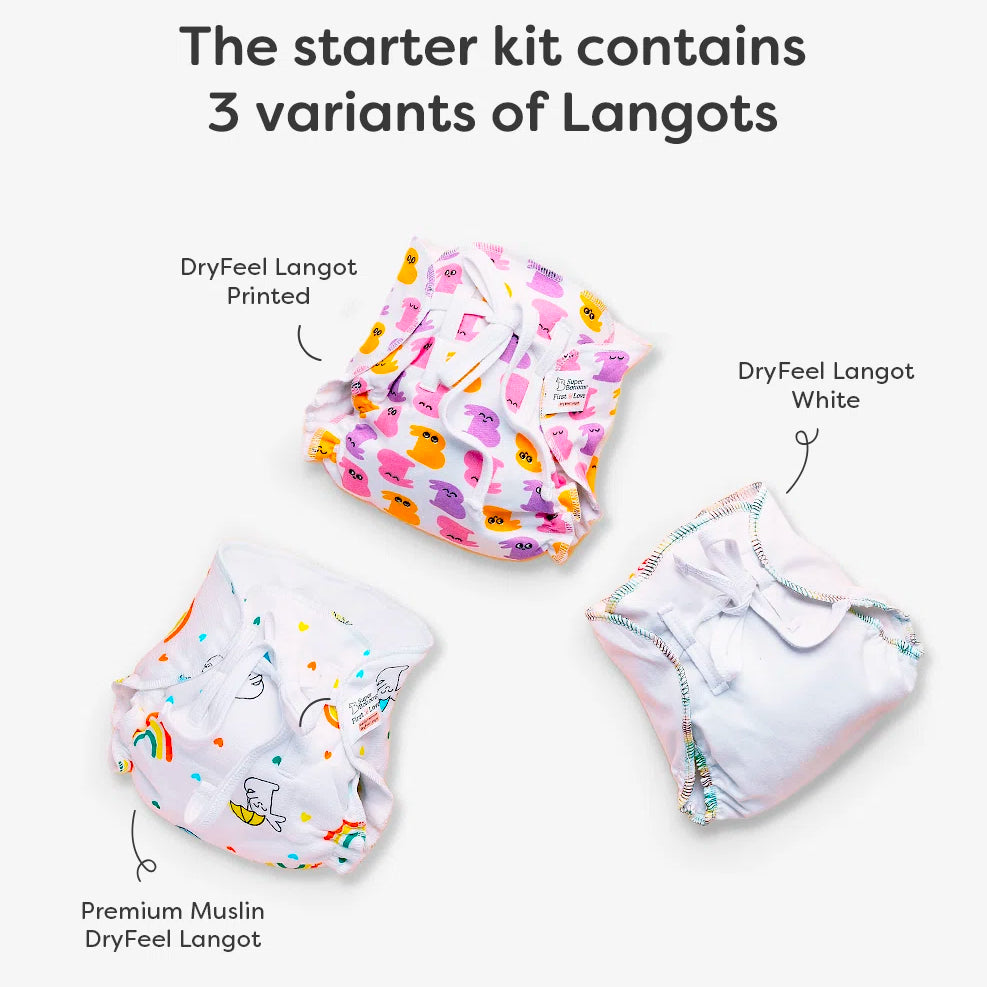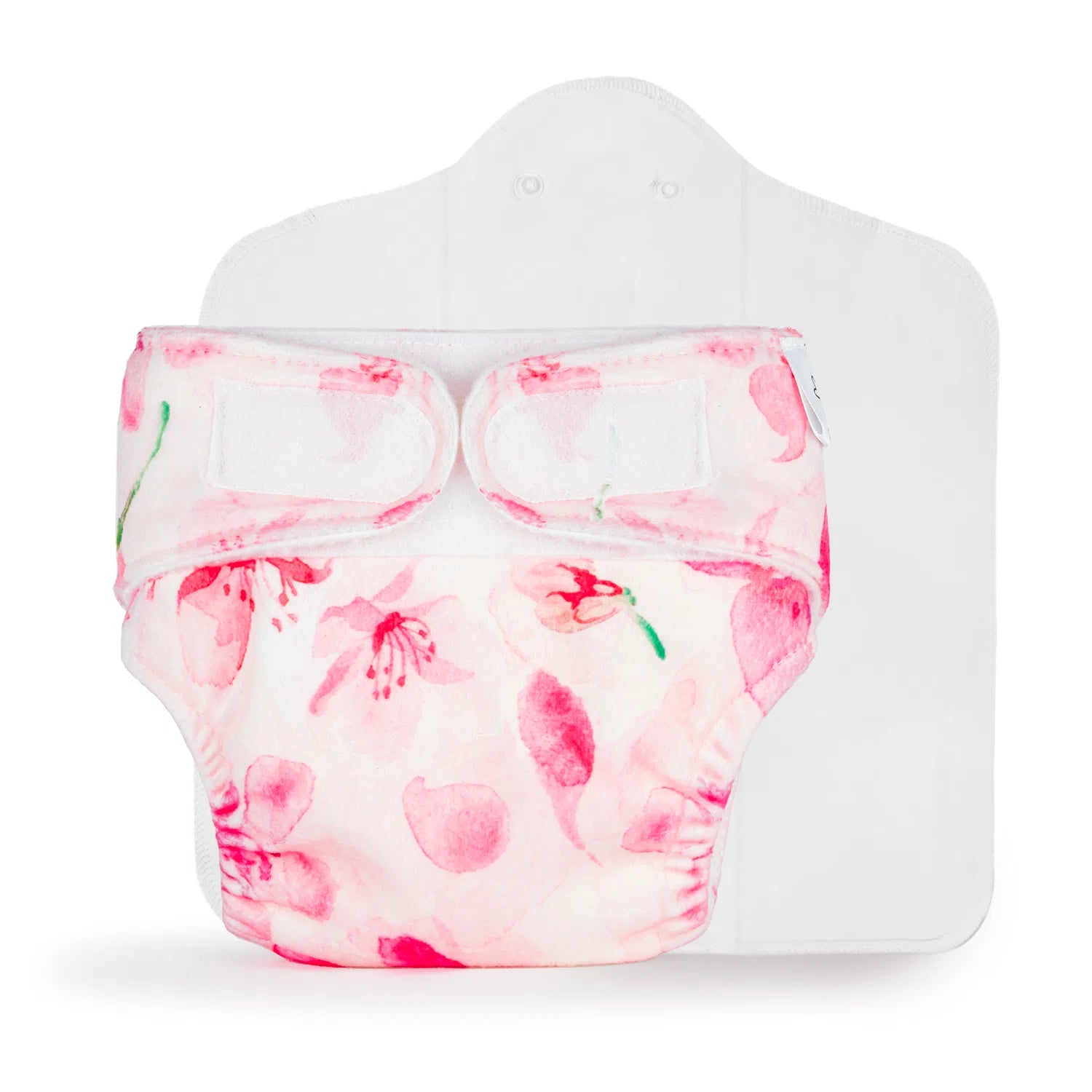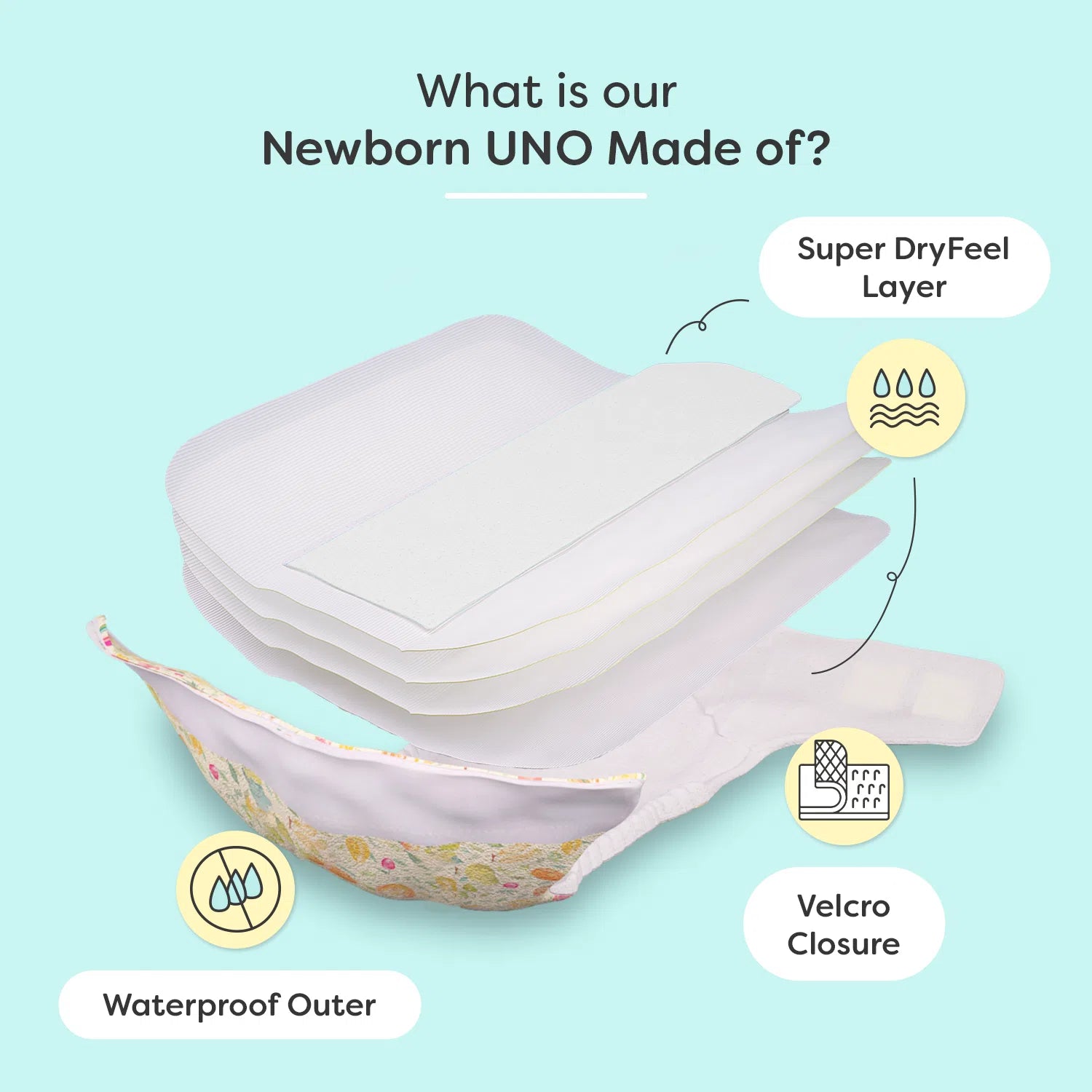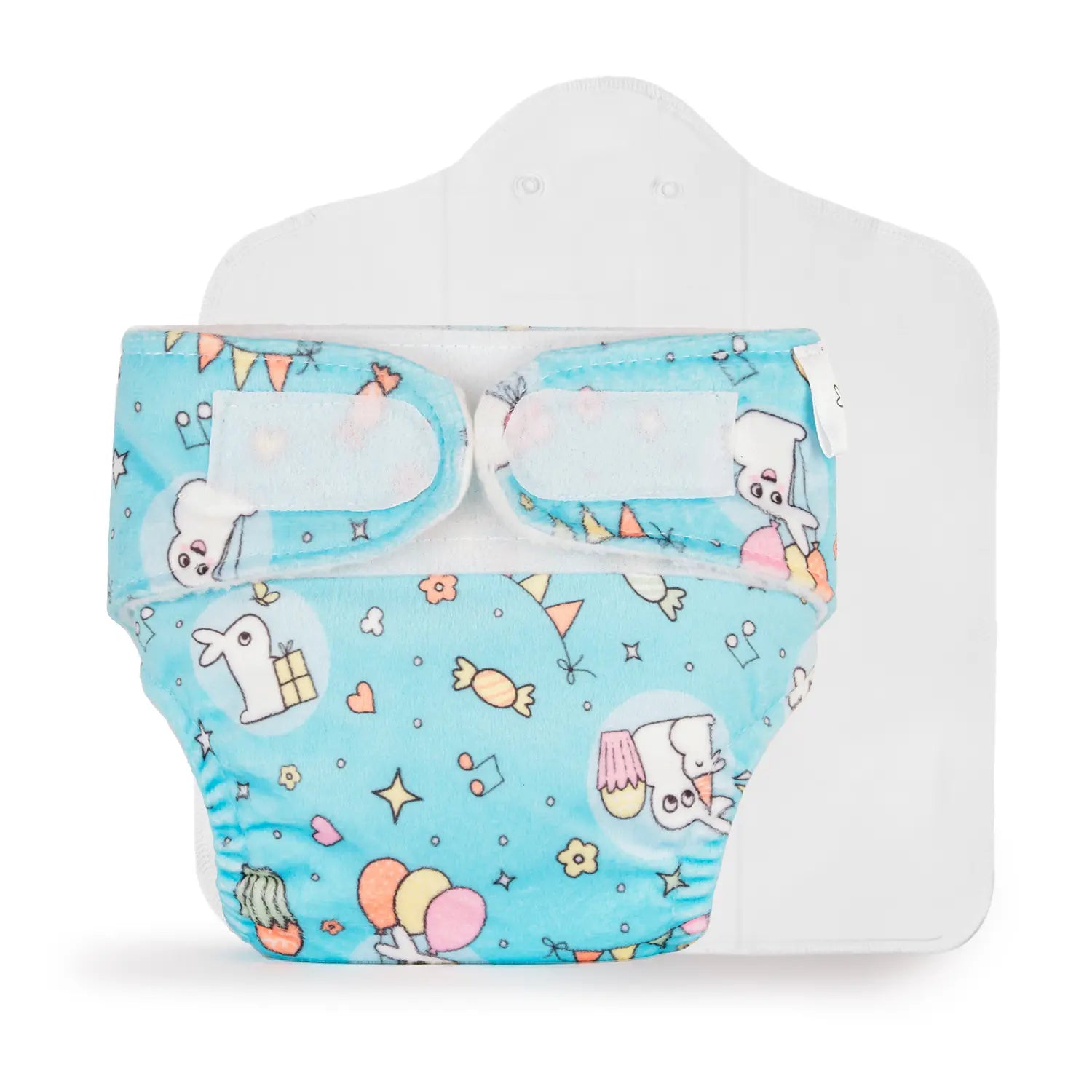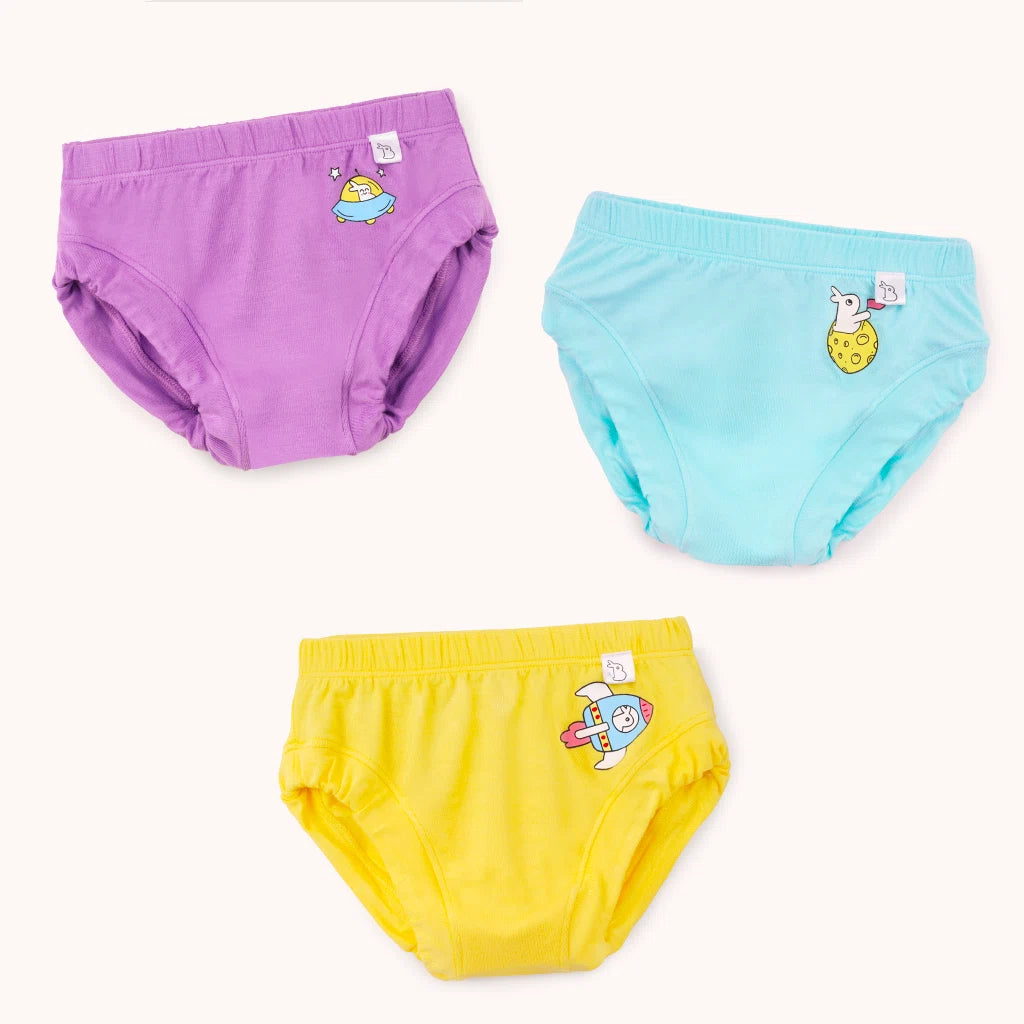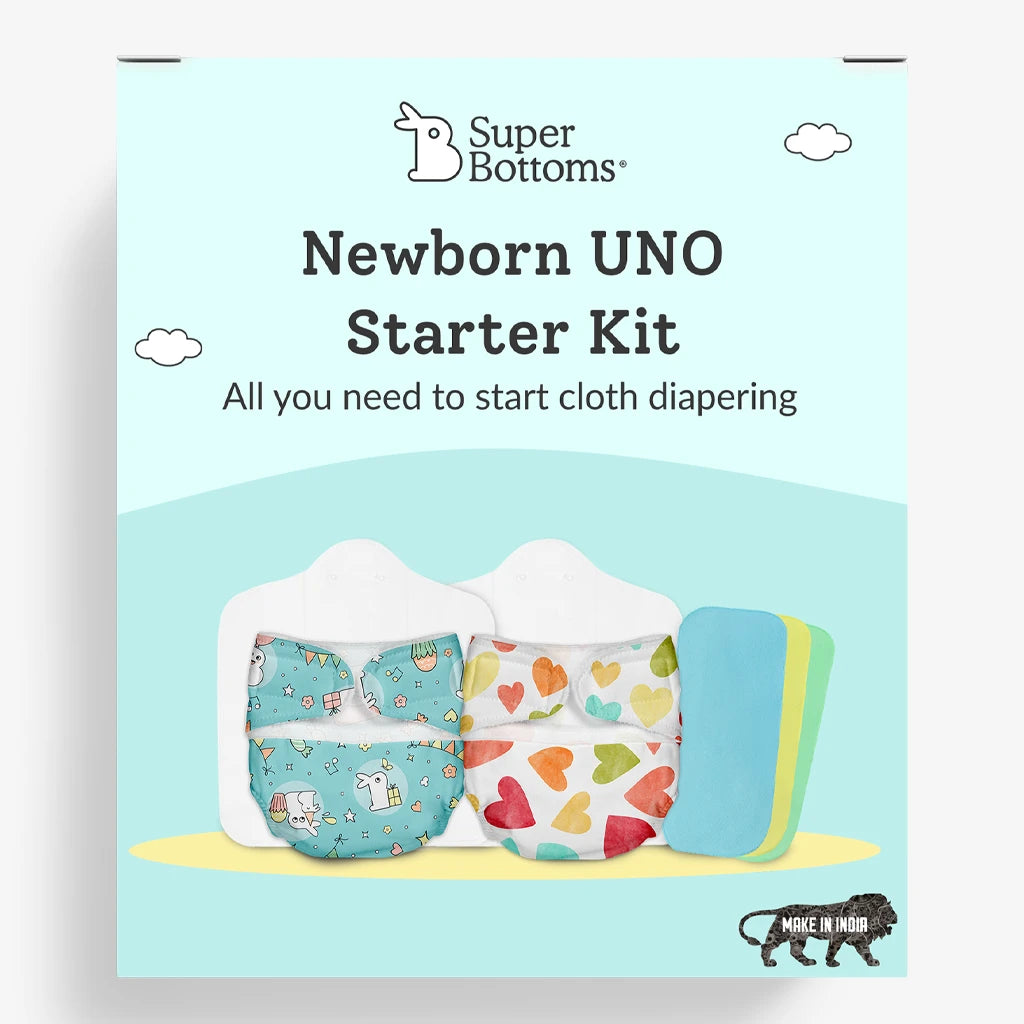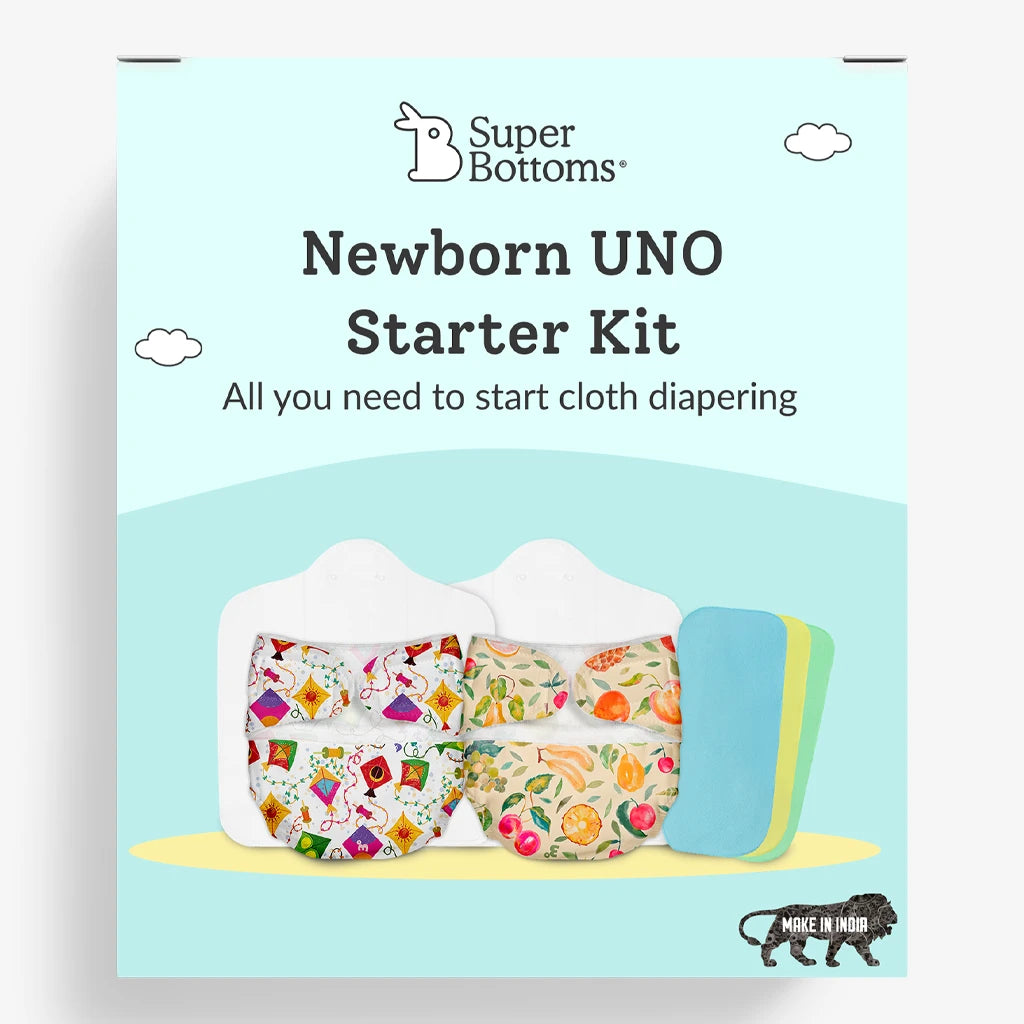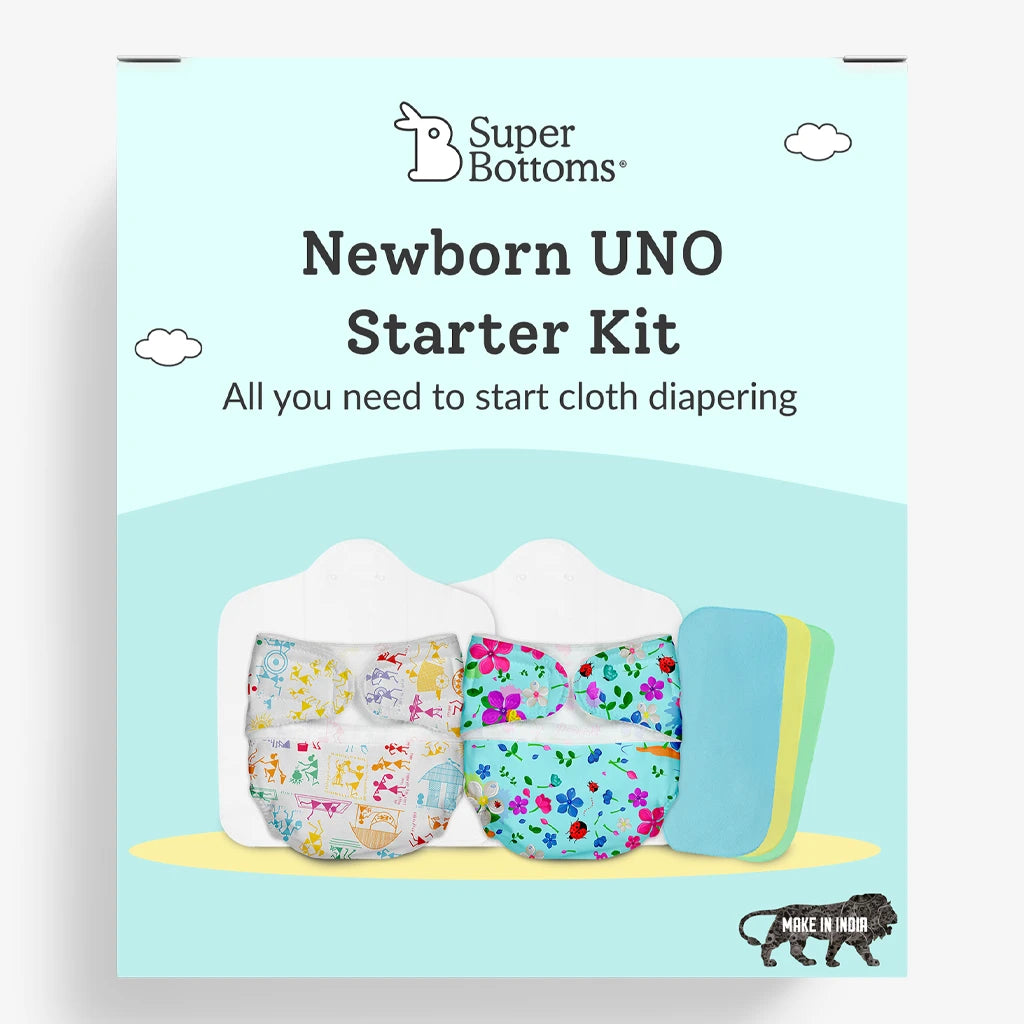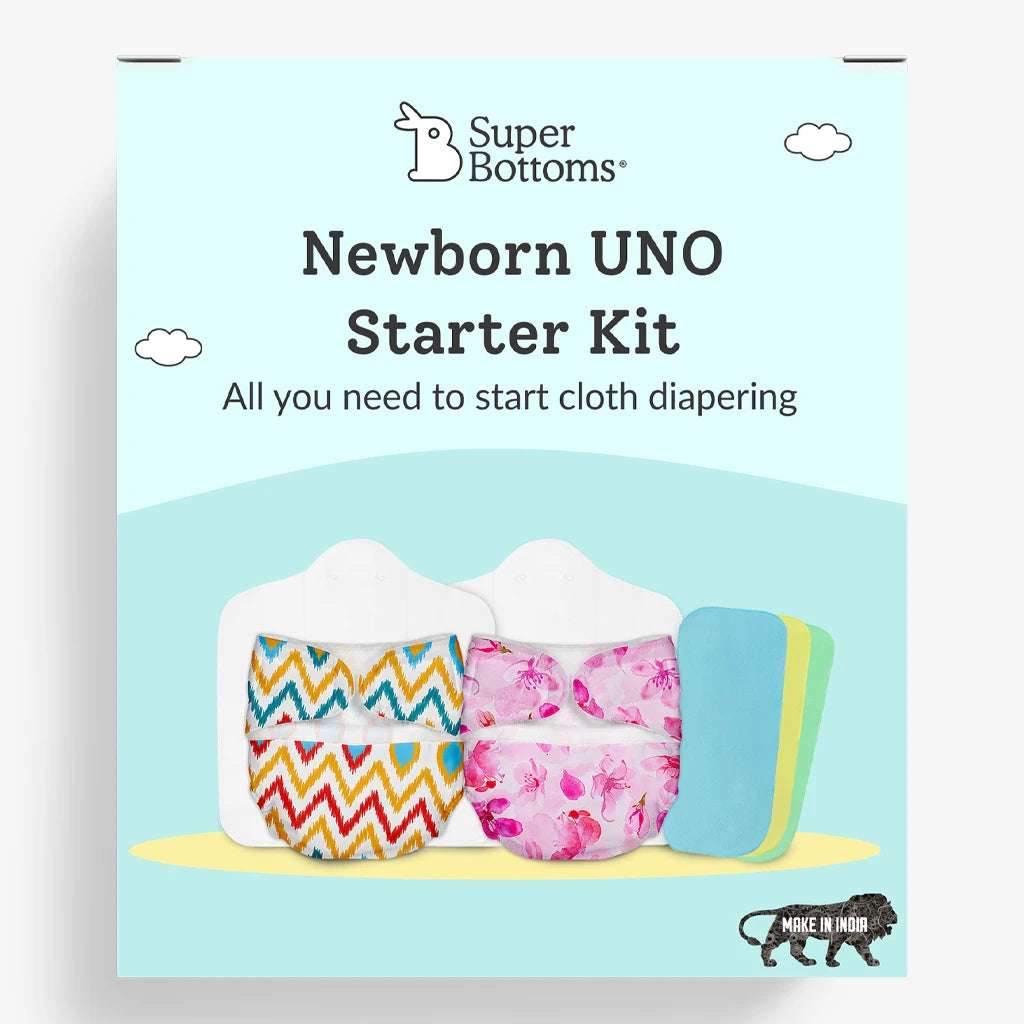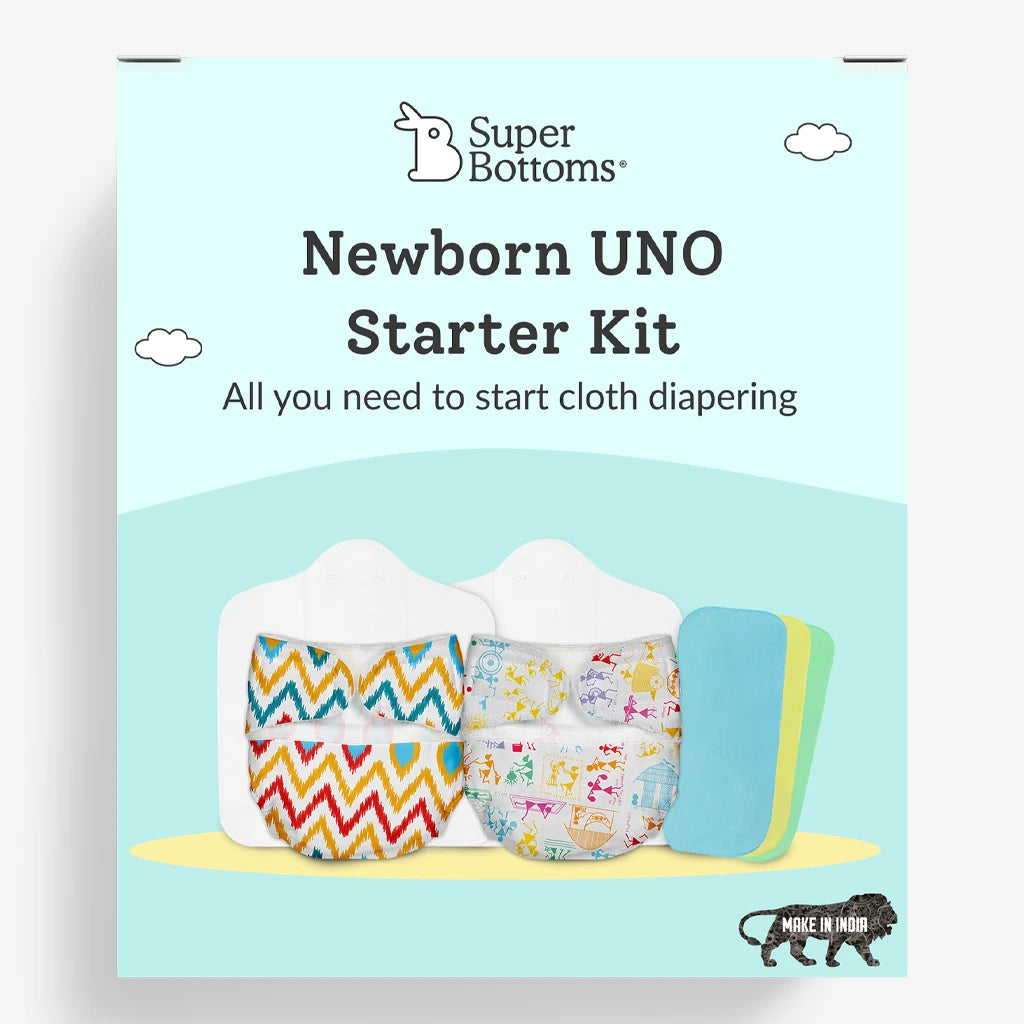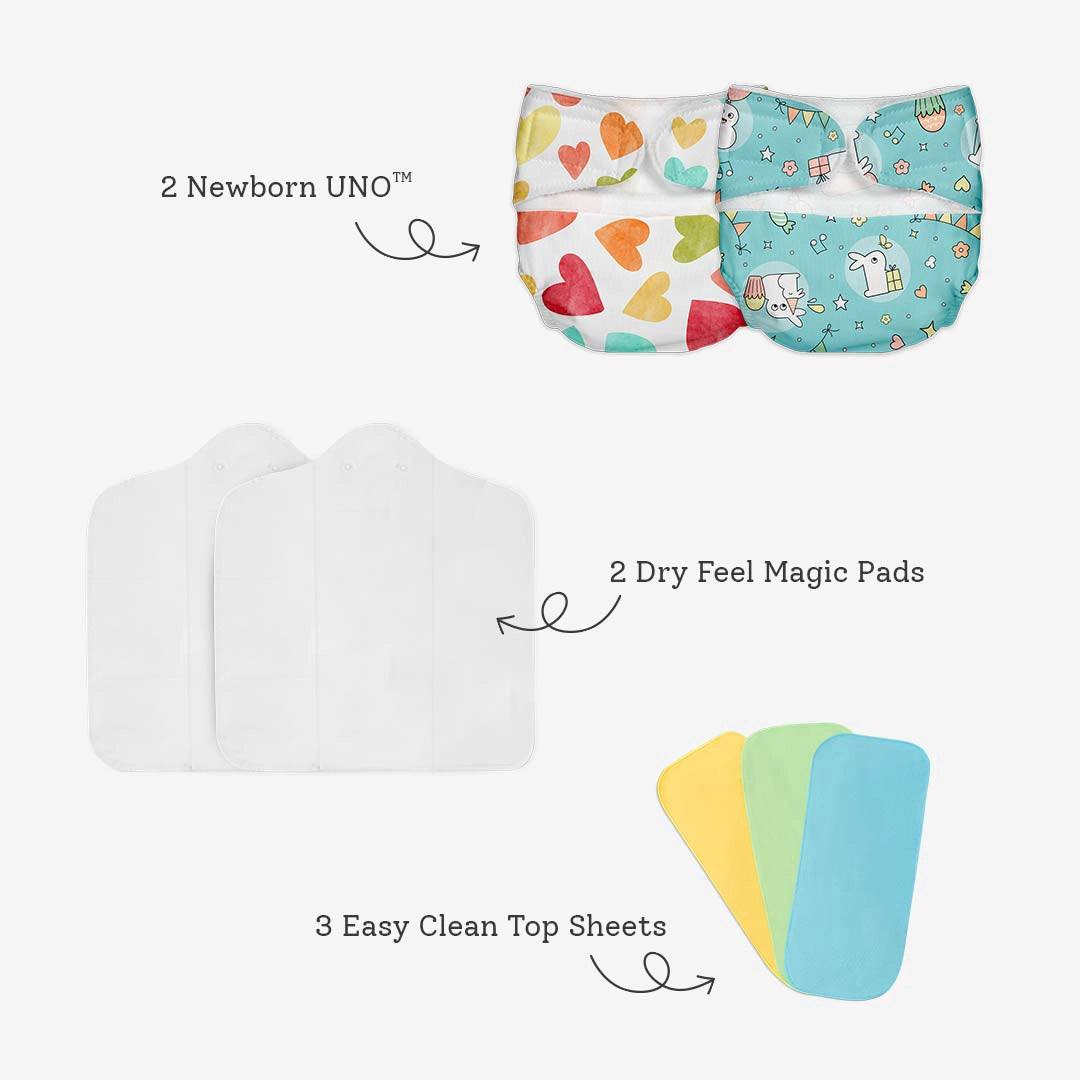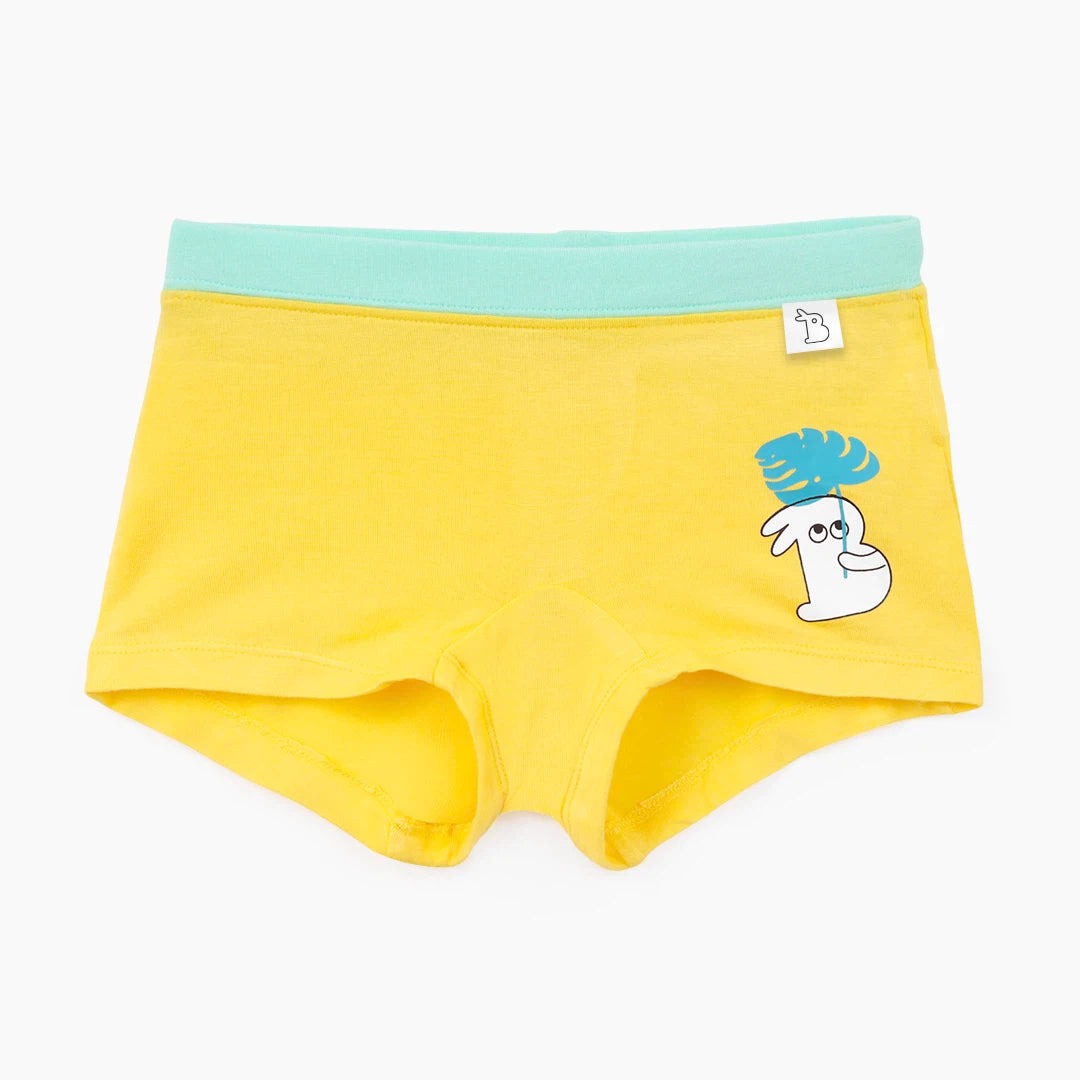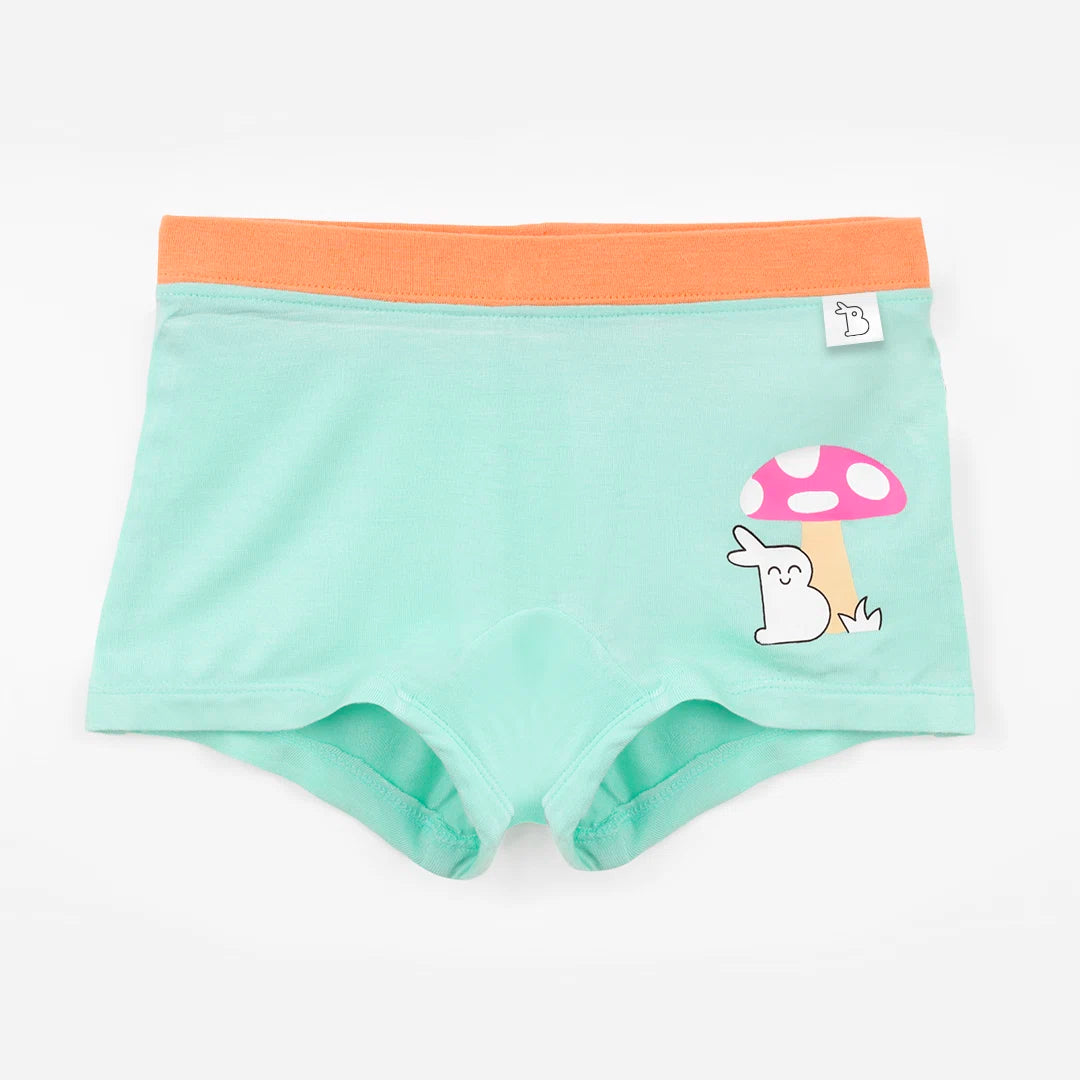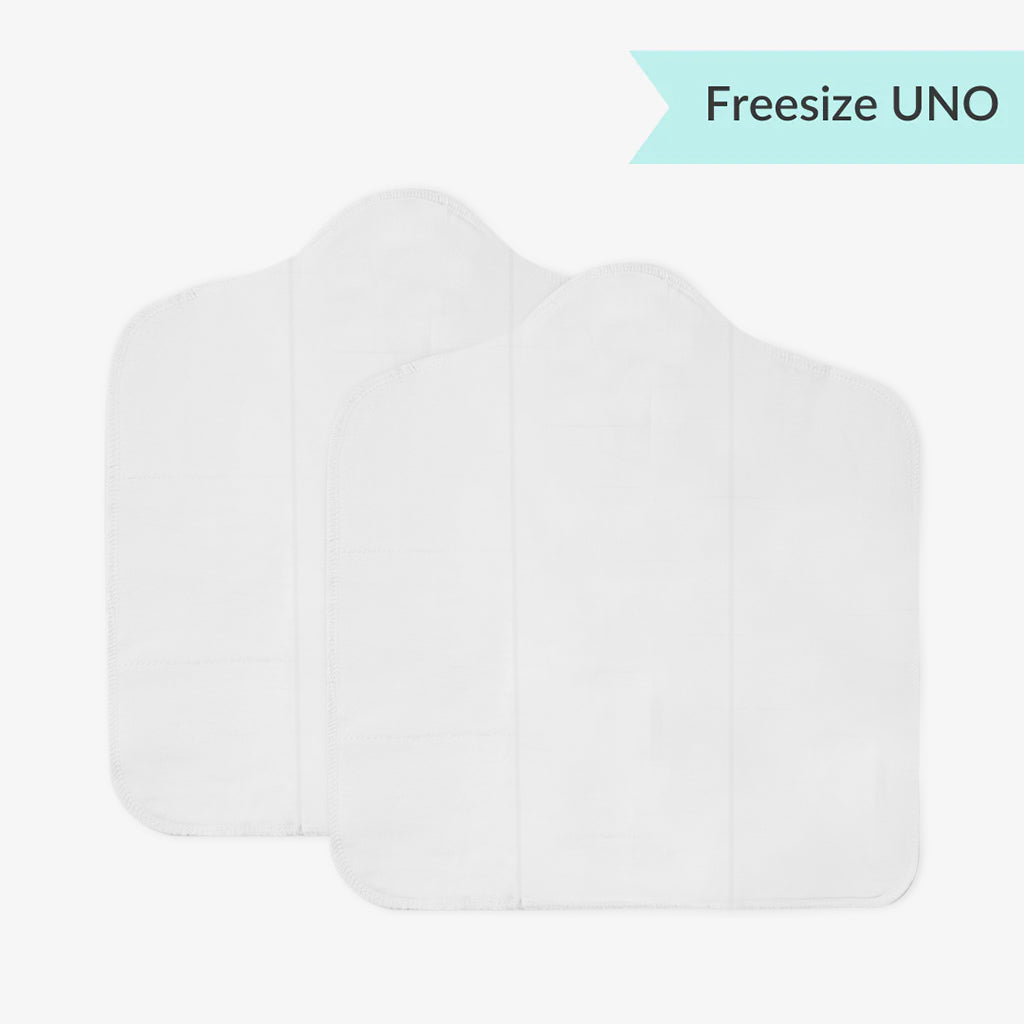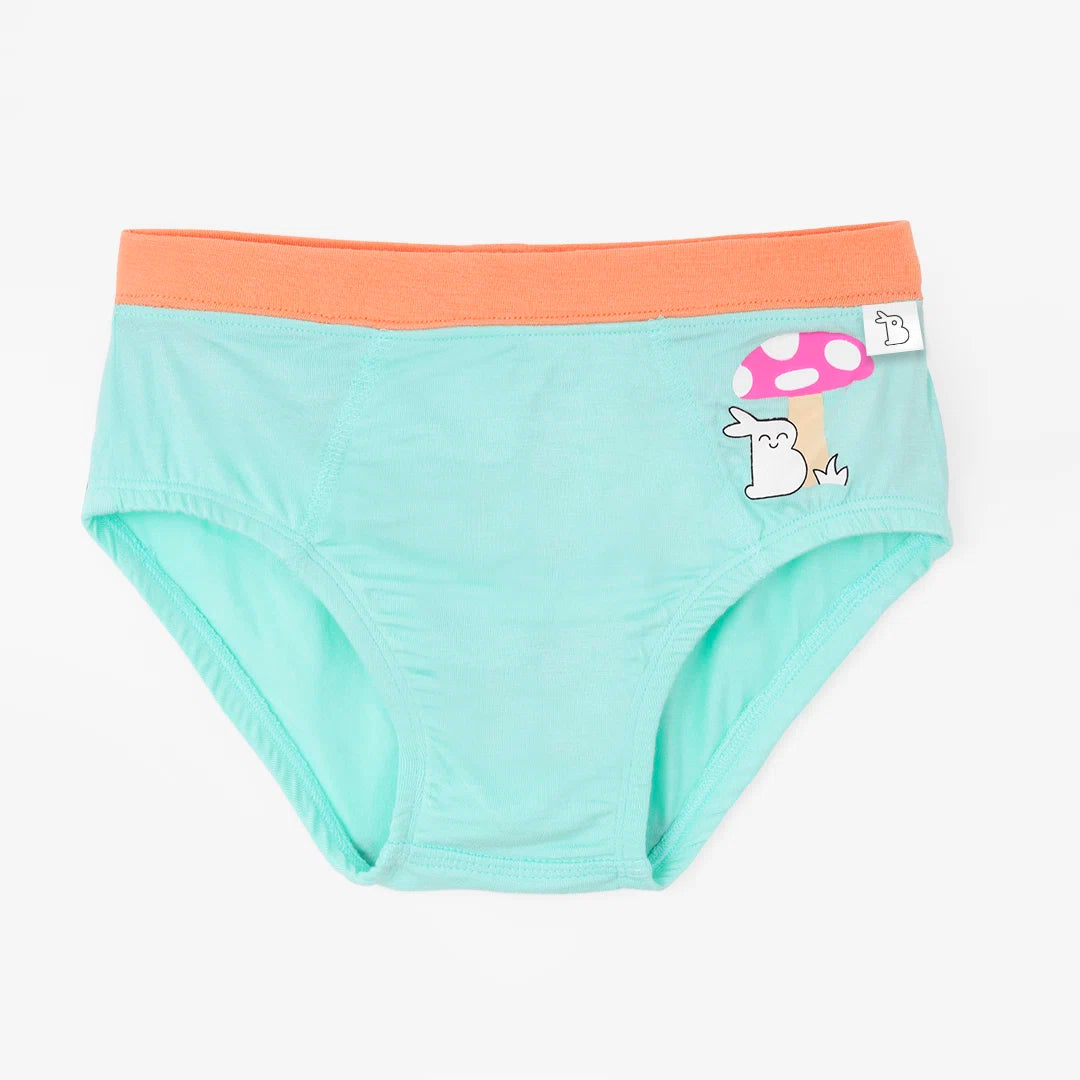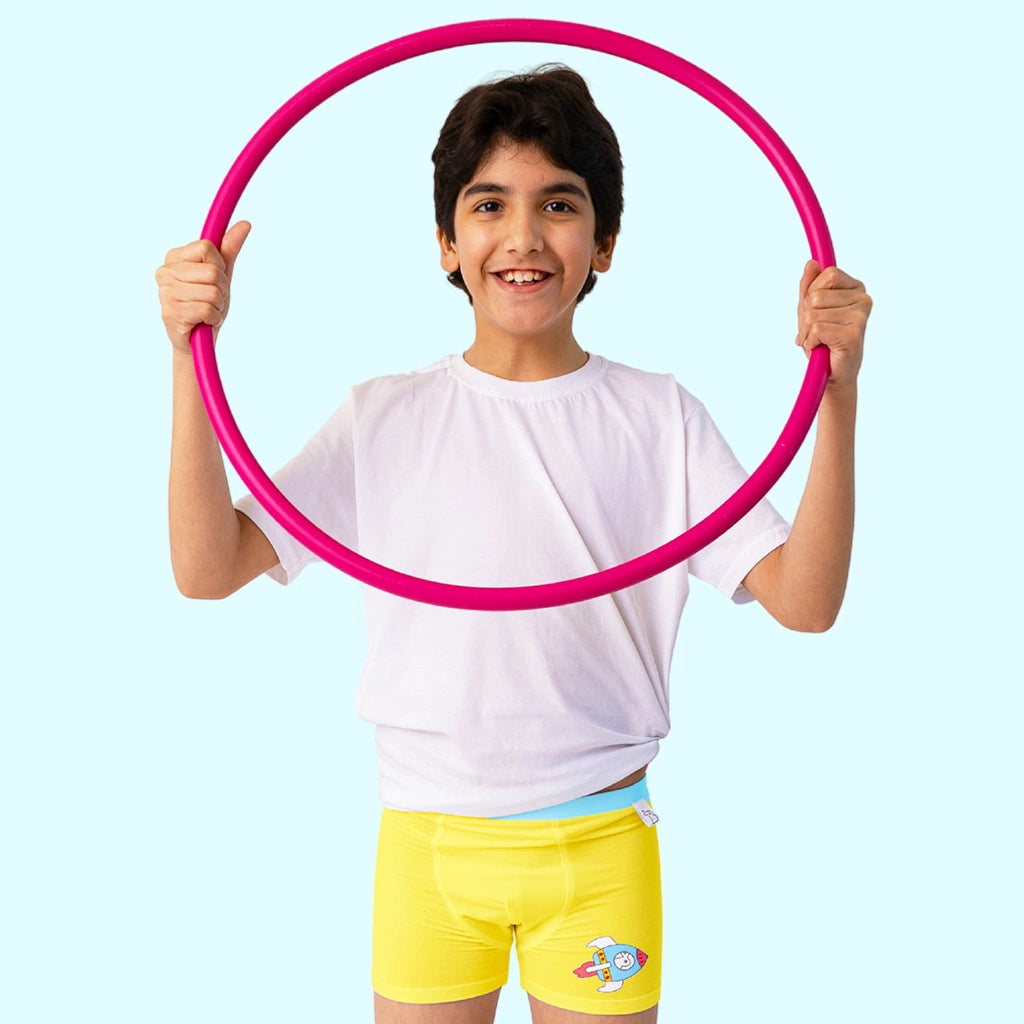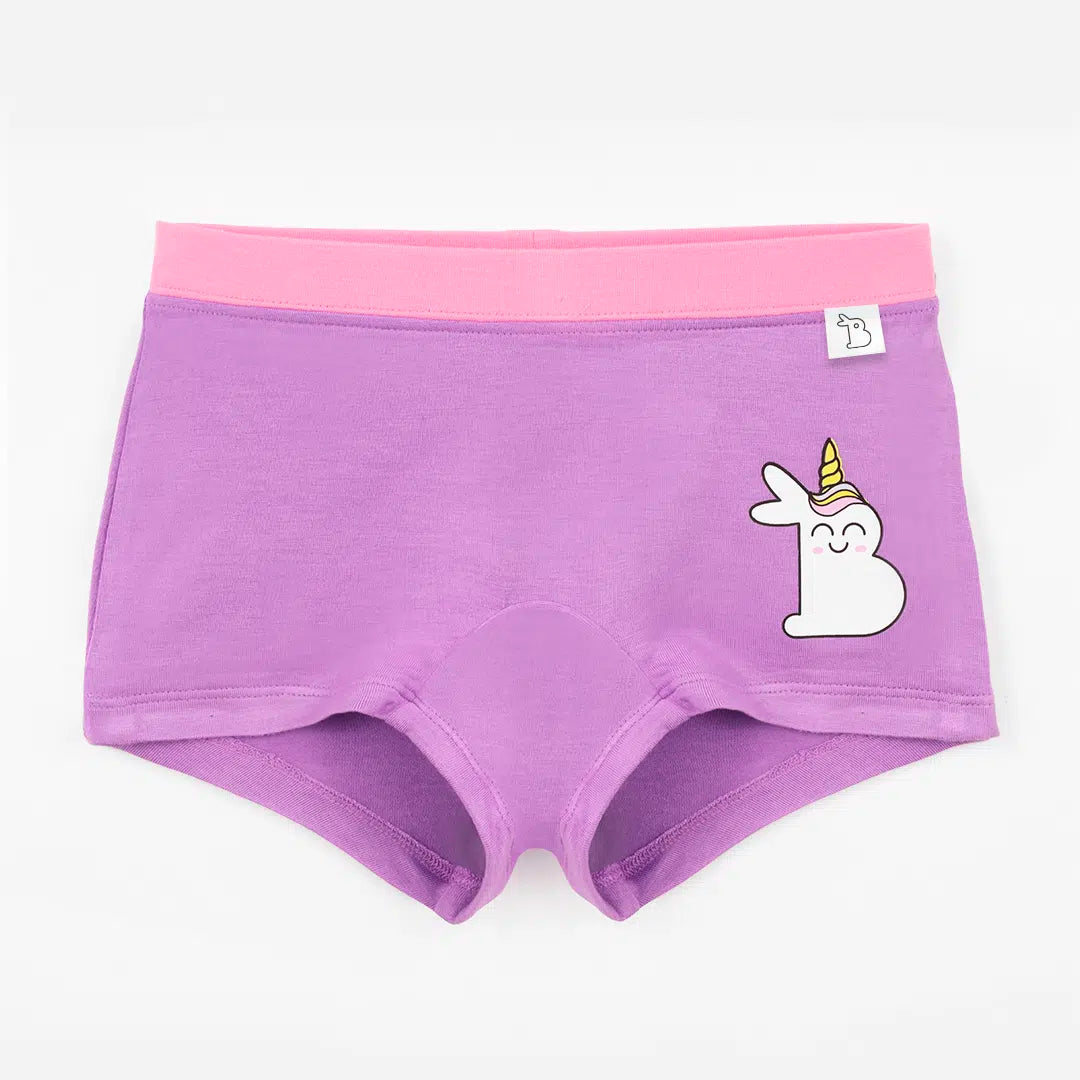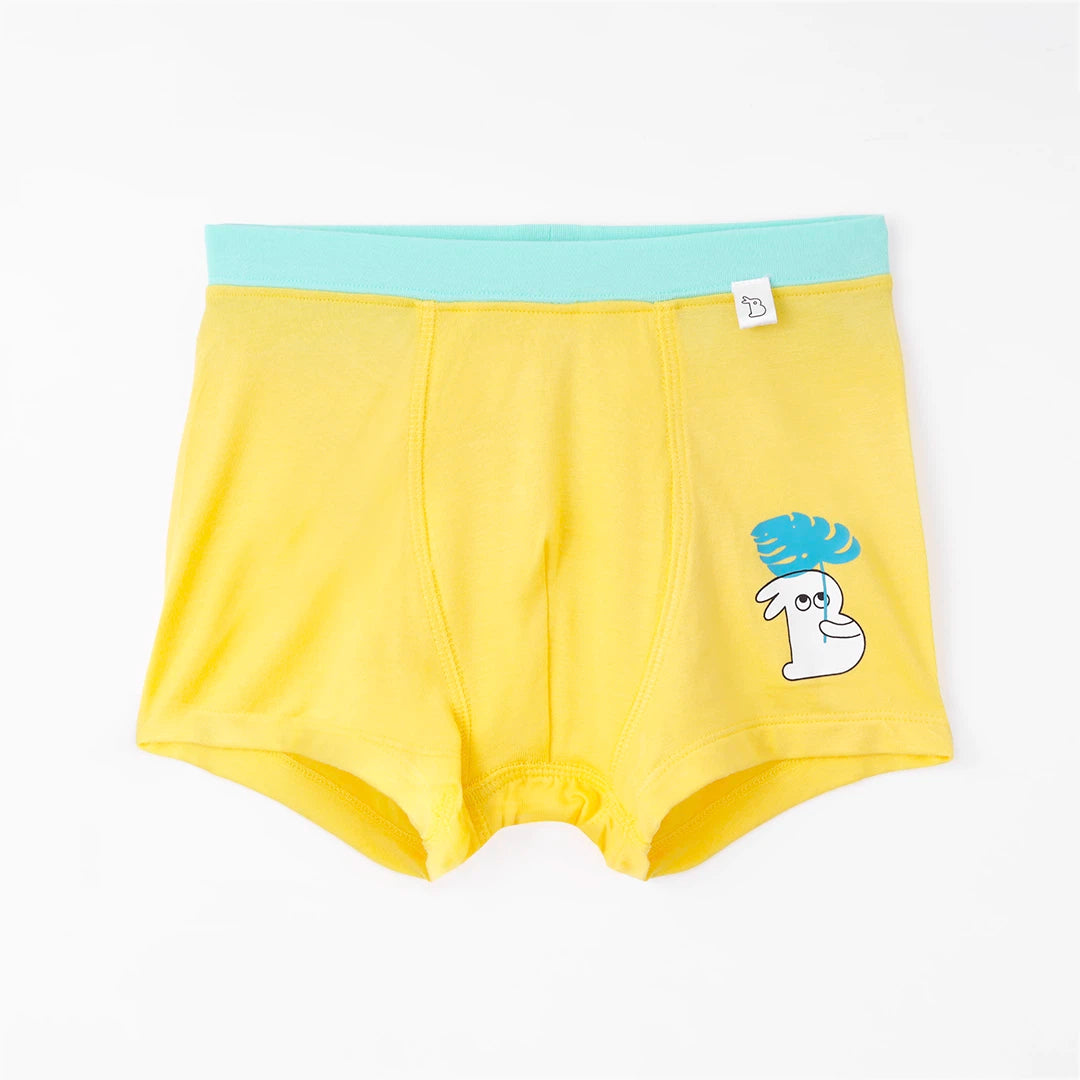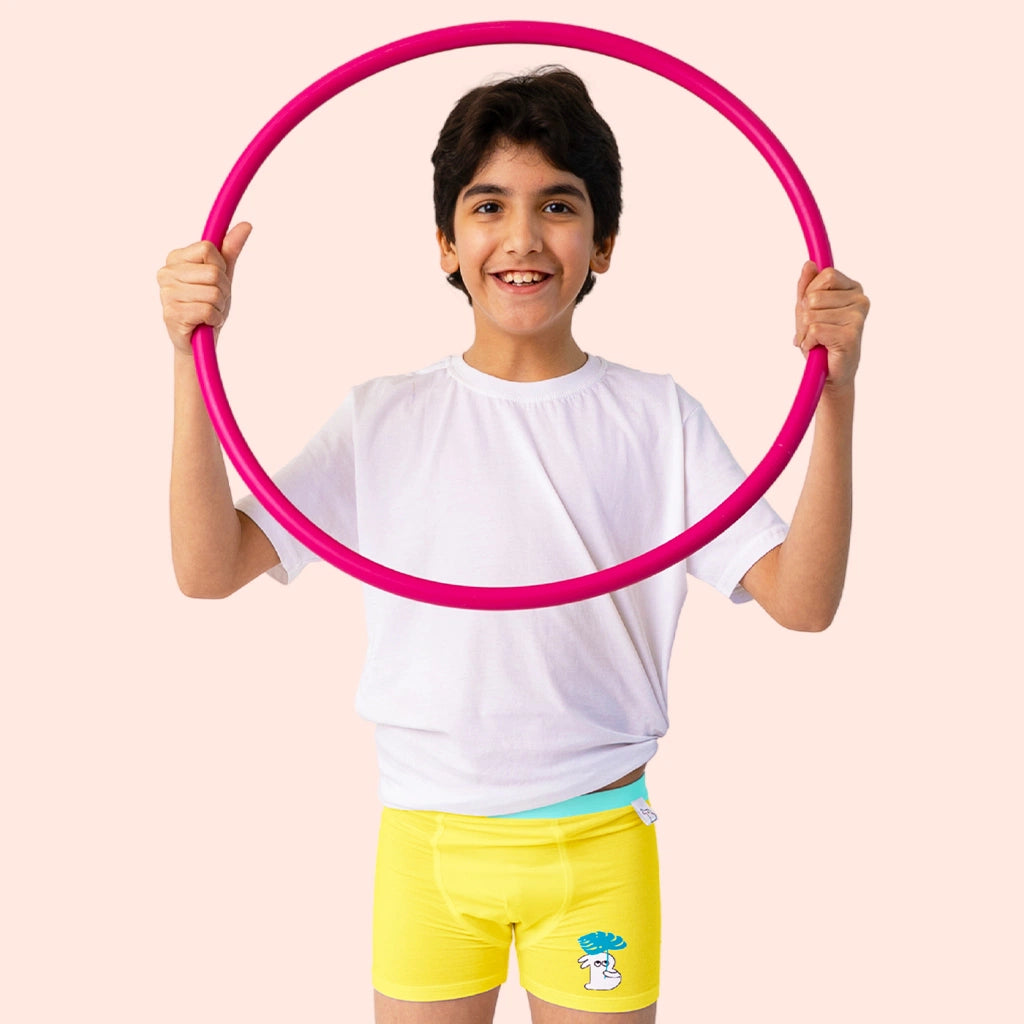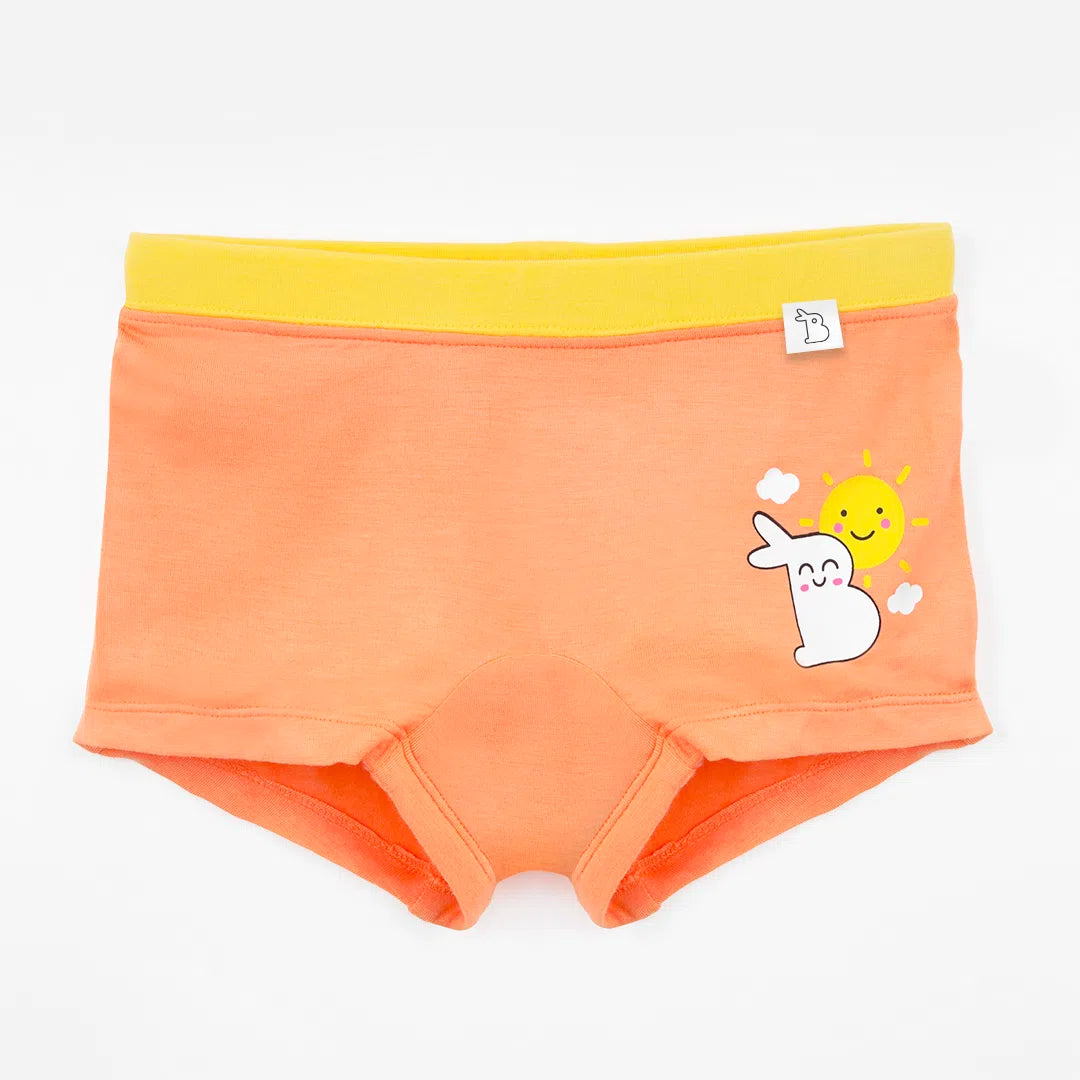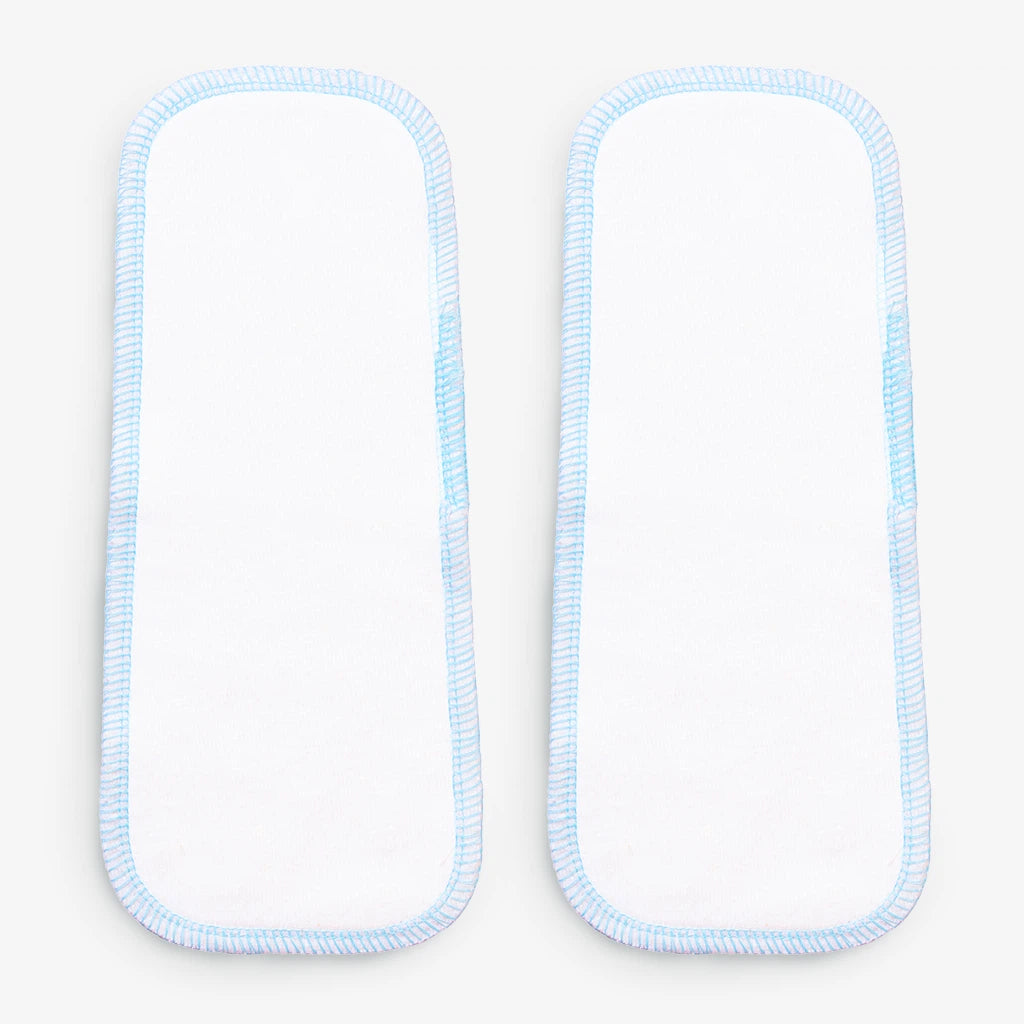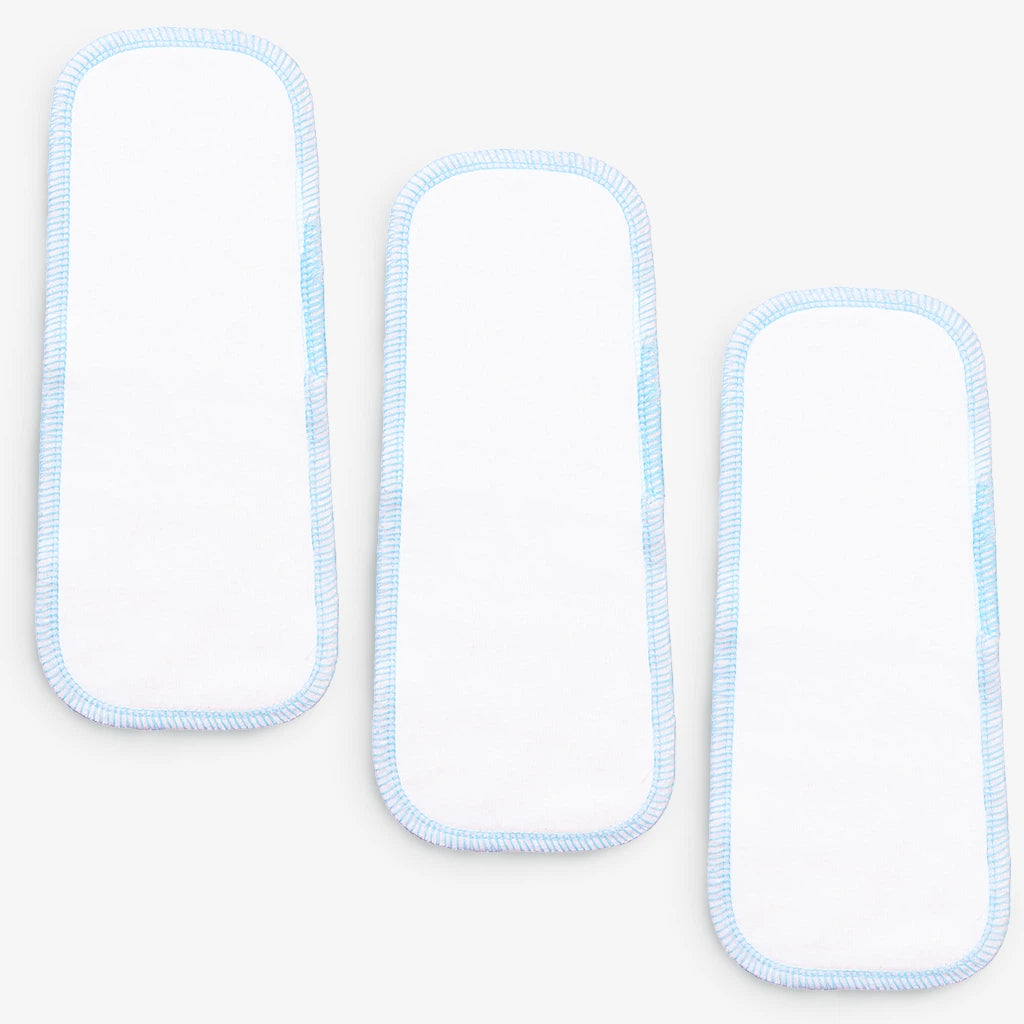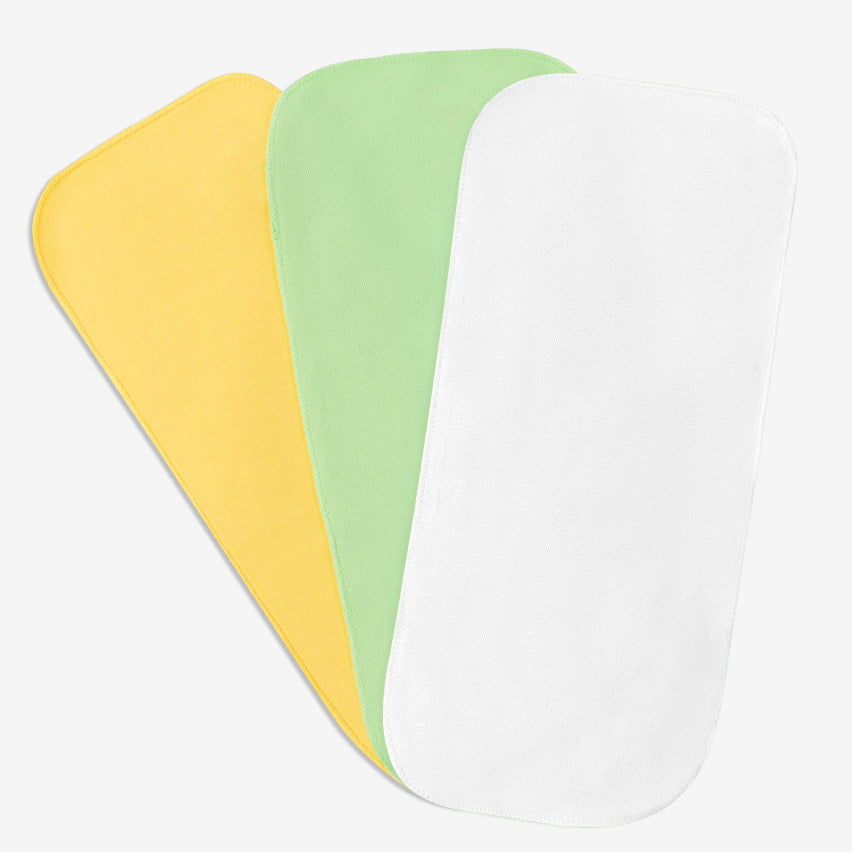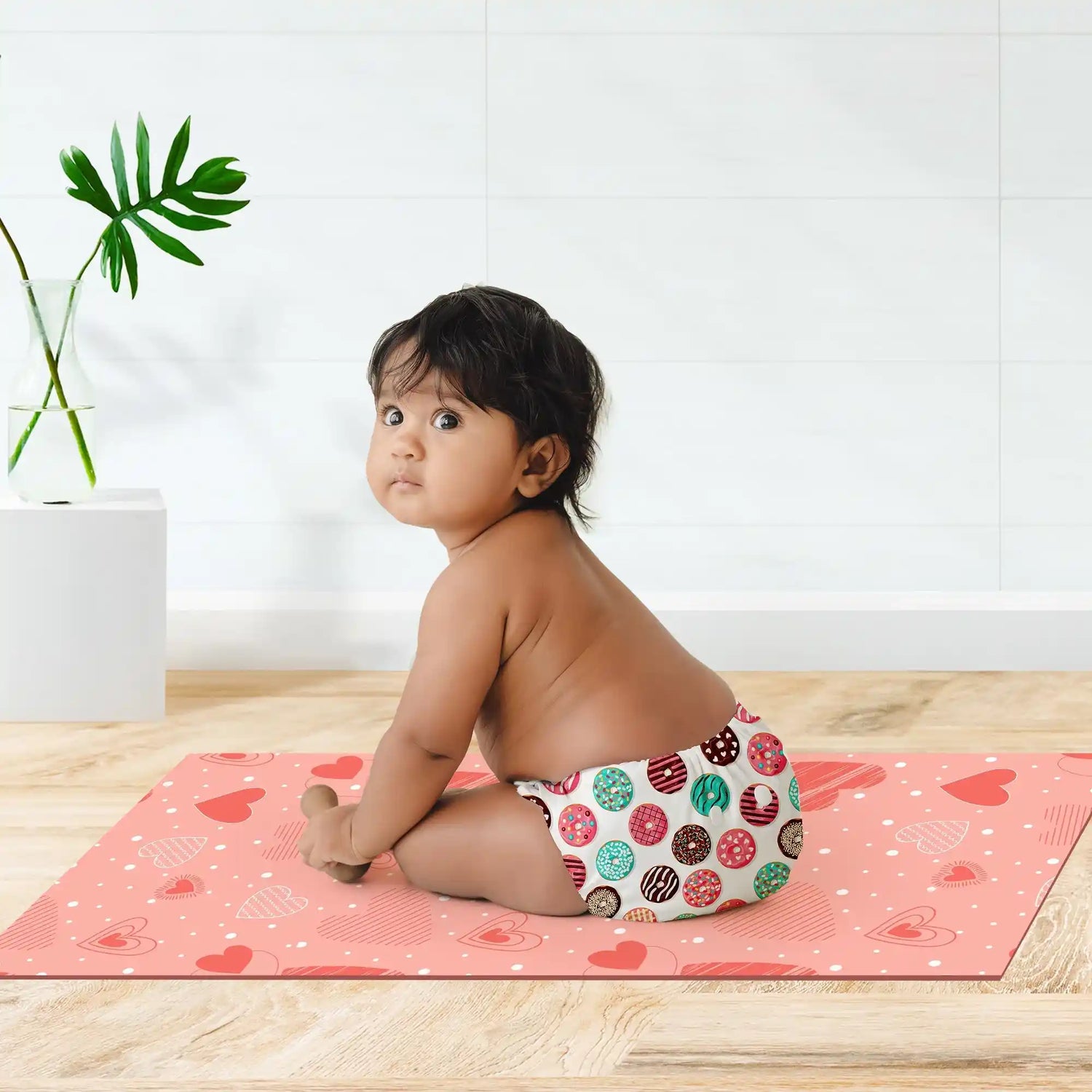• Introduction
• What are Kegel Exercises for Women
• Benefits of Kegel Exercises for Pregnancy
• When to Start Kegel Exercises During Pregnancy
• How To Perform Kegel Exercises During Pregnancy
• Exercises at Different Stages
• Key Takeaways
• FAQs
• Message From SuperBottoms
Pregnancy is a time of incredible change, both physically and emotionally. Focusing on pelvic floor health and strength is essential as your body transforms to accommodate a new life. Enter Kegel during pregnancy – the unsung heroes of pregnancy wellness. These simple yet powerful contractions can provide a multitude of benefits, from easing discomfort to preparing your body for childbirth. Whether you are a Kegel newbie or a seasoned pro, this comprehensive guide will empower you to harness the power of your pelvic floor and embark on a journey of prenatal pelvic strength. Get ready to unlock the secrets of "pelvic power" and embrace a healthier, more confident pregnancy experience.
What are Kegel Exercises for Women
Kegel exercises, named after Dr. Arnold Kegel, are a series of contractions and relaxations of the pelvic floor muscles. These muscles form a hammock-like structure that supports the bladder, uterus, and rectum. Kegel during pregnancy involves purposefully tightening and releasing these muscles, often described as the same muscles used to stop urine flow. Performing Kegel exercises regularly can help strengthen the pelvic floor, which is crucial during pregnancy and childbirth.
• Understanding the pelvic floor muscles: The pelvic floor is a group of muscles that span the bottom of the pelvis, forming a support structure for the internal organs. These muscles are vital in maintaining bladder and bowel control and supporting the uterus during pregnancy. Weakness or damage to the pelvic floor muscles can lead to issues such as urinary incontinence, pelvic organ prolapses, and difficulties during labour. By understanding the importance of these muscles and how to exercise them properly, pregnant women can actively strengthen their pelvic floor and prepare their bodies for the changes ahead.
Message From SuperBottoms – If you face issues of bladder control during or after the pregnancy and have incontinence issues, you can get yourself a few pairs of leakproof MaxAbsorb Incontinence Underwear by SuperBottoms to contain the leaks and incontinence and walk through the day with confidence.
Benefits of Kegel Exercises for Pregnancy
Kegel exercises for pregnancy offer numerous benefits for pregnant women beyond the general advantages. These include:
1. Strengthening Pelvic Organ Support: As the pregnancy progresses and the uterus expands, the pelvic floor muscles must support the added weight. Doing Kegels early on can help strengthen this crucial support system.
2. Improved Bladder Control: The growing baby puts pressure on the bladder, leading to issues like urine leakage and frequent urination. Performing Kegel exercises can help pregnant women better control their bladder.
3. Reduced Risk of Fecal Incontinence: Kegels strengthen the rectal floor muscles, decreasing the chance of losing control of bowel movements during pregnancy.
4. Enhanced Sexual Experience: A stronger pelvic floor, thanks to Kegel exercises, can make sex more comfortable and enjoyable for pregnant women.
The discreet nature of Kegel exercises makes them a convenient option for pregnant women to integrate into their daily routines. As one of the best prenatal and postnatal exercises, Kegels can help prepare the body for childbirth and regain bladder control after delivery.
When to Start Kegel Exercises During Pregnancy
Experts recommend that pregnant women start incorporating Kegel exercises into their routine as early as possible, even before becoming pregnant. However, it is never too late to begin, as Kegel exercises can be beneficial at any stage of pregnancy.
Exercises at Different Stages
Continuing the topic of when to start kegel exercises during pregnancy, here is a more detailed timeline for when to start Kegel exercises for pregnancy:
1. Pre-Pregnancy: It is ideal to start practising Kegel exercises before conceiving. This helps strengthen the pelvic floor muscles and prepare the body for the demands of pregnancy and childbirth.
2. First Trimester: During the first three months of pregnancy, begin doing Kegel exercises daily. This helps maintain pelvic floor strength as the uterus starts to expand.
3. Second Trimester: Continue with regular Kegel exercises as the pregnancy progresses. The growing baby and increased weight can put more pressure on the pelvic floor, making these exercises even more important.
4. Third Trimester: Maintain a consistent Kegel routine throughout the final months of pregnancy. Strengthening the pelvic floor can help facilitate easier labour and delivery and aid post-partum recovery.
5. Post-partum: It is crucial to resume Kegel exercises after giving birth to help restore pelvic floor function and prevent issues like incontinence or prolapse.
The key is to make Kegel exercises a regular part of your pregnancy wellness routine, adapting the frequency and intensity as your body changes. Consulting with your healthcare provider can also guide the optimal Kegel program for your stage of pregnancy.
How To Perform Kegel Exercises During Pregnancy
1. Identify the Correct Muscle: The first and most important step is identifying the right muscle group to contract. This is the same muscle used to stop the flow of urine midstream.
2. Relax and Get Comfortable: It is crucial to be relaxed when performing Kegel exercises. Find a comfortable position, such as lying down, to allow for proper muscle engagement.
3. Squeeze and Flex: Once you have located the pelvic floor muscles, gently squeeze, and contract them. There are different variations of Kegel exercises for pregnant women, which can be explored.
4. Repeat: Consistency is key. Repeat the Kegel contractions regularly; the more you practice, the greater the benefits. The discreet nature of Kegel exercises allows you to perform them anytime without anyone knowing.
The key is to master the proper technique and make Kegel exercises a regular part of your pregnancy wellness routine. This will help strengthen the pelvic floor muscles and prepare your body for pregnancy, childbirth, and post-partum recovery demands.
|
Limited Time Offers + Special Gift Sets! Now or never Super SALE is live on the SuperBottoms website! Take advantage of unbeatable value deals on our UNO Cloth Diapers, Baby Essentials, and more. Looking for the perfect present for a newborn or a toddler? Explore our thoughtfully curated Gift Sets & Combos — safe, skin-friendly, and oh-so-cute! A bundle of love for little ones and a delight for parents. HURRY — Deals and Gift Packs are live only till stocks last. Don’t miss the chance to stock up and share the joy! |
Key Takeaways
1 • Pregnancy is a time of incredible physical and emotional change, and focusing on pelvic floor health and strength is essential as the body transforms.
2 • Kegel exercises - the "unsung heroes" of pregnancy wellness - are a simple yet powerful tool that can provide a multitude of benefits, from easing discomfort to preparing the body for childbirth.
3 • This comprehensive guide empowers women, whether Kegel newbies or seasoned practitioners, to harness the power of their pelvic floor and embrace a healthier, more confident pregnancy experience.
FAQs
Q1 – What are some sample kegel exercises for pregnancy?
Ans. Some sample exercises you can do are 1) Squeeze, relax and repeat, 2) Hold for 5, relax for 5, and 3) Long hold.
Q2 - How to Focus on The Right Muscles While Doing Kegel Exercises?
Ans. When you are learning to do kegel for the first time, relax and take deep breaths. The best way to know if you are flexing the right muscles or not is to assume that you are peeing or have an urge to pee. To stop peeing midway, the muscles you will flex and pull inwards are the same muscles you would flex and stretch to go kegel exercise.
Q3 - What should be avoided during kegel exercises during pregnancy?
Ans. When doing Kegel exercises during pregnancy, it is important to avoid holding your breath, straining, or bearing down, and tightening muscles outside the pelvic floor. Pacing yourself and maintaining proper form is crucial, and you should stop if you experience any pain or discomfort. Consulting a healthcare provider can ensure you perform Kegel exercises safely and effectively during this time.
Message from SuperBottoms
Hi there, new parents! SuperBottoms brings you doctor-recommended cloth diapers — the best rash-free diapering solution for your baby’s sensitive and delicate skin. Unlike disposable diapers loaded with chemicals, our newborn cloth diapers, when used and washed properly, can help eliminate the risk of diaper rashes. SuperBottoms offers a wide range of safe, skin-friendly essentials for the whole family — including Reusable Cloth Diapers, Diaper Pants, DryFeel langots for diaper-free time, Padded Underwear for potty training, SuperSoft Underwear for everyday comfort, Joggers for playful days, and Period Underwear for women. Not just for everyday use, SuperBottoms products also make the best gifting choice for babies — thoughtful, eco-friendly, practical, and loved by parents. Now available on Amazon, Myntra, Flipkart, FirstCry, Zepto, Swiggy and Blinkit



